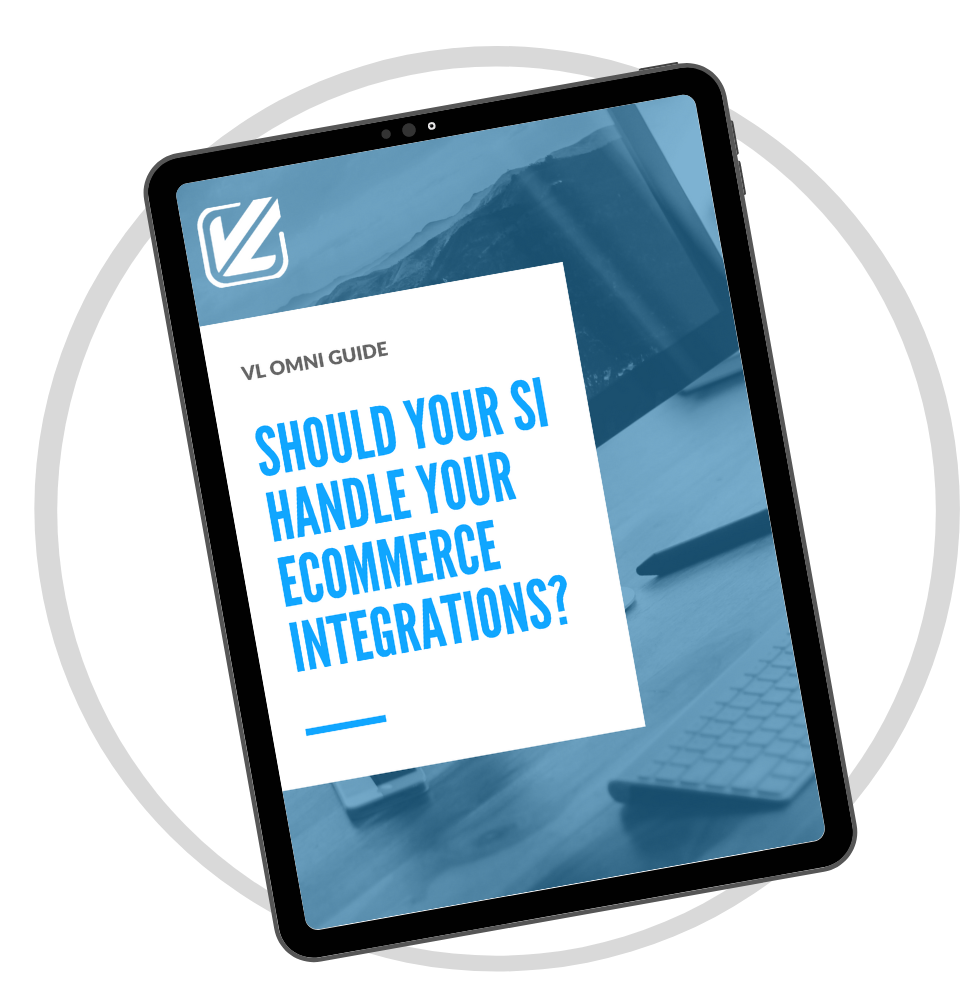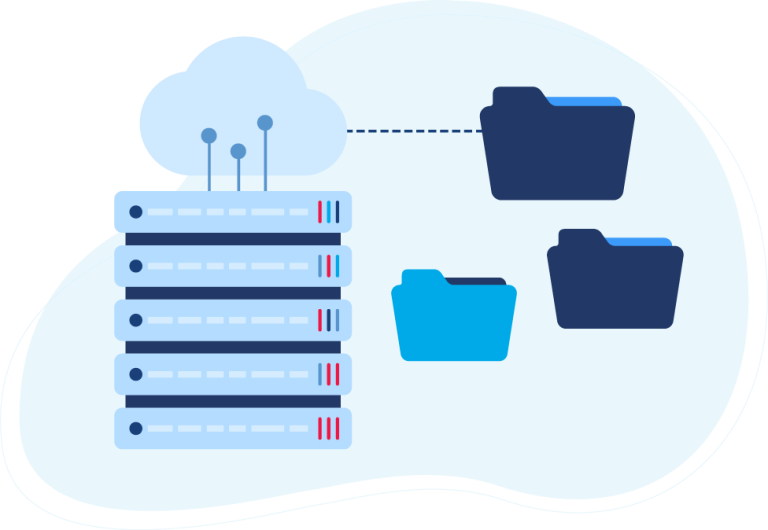Let’s take a look at the role of a System Integrator, also known as SI, and Data Integrators, and how to define each partner’s expertise when it comes to eCommerce integration.
System Integrators or SI are an important part of a total back-end organization that can help your eCommerce business become successful. System Integrators are a valuable resource whose role is exclusively to install, support, and configure your ERP (Enterprise Resource Planning) application.

Data Integration Specialists: Experts in the implementation of integration platforms between key systems. Where they differ from an SIs capability is in their understanding of the data requirements of all the platforms involved, and how they relate to operational processes supported by backend systems (like your ERP). Where an SI is an expert in your ERP, the Data Integration Specialist is an expert in the available data, the niche processes required in the transfer of that data, and the mapping/alignment of your operational processes to the data transfers. Integration is more than tying two APIs together, especially if you want your business scale with agility and growth over the long-term.
iPaaS Integration Platform: A pre-developed platform that allows for the strategic transfer and transformation of data. The best platforms will allow for speed and consistency in the data transfers, reconciliation and redundancy to ensure complete automation and risk and cost reduction due to predevelopment of connectors. This is not completely custom, but does allow for customer business rules to be applied to data movements across the integrations.
Who Should Do My eCommerce Integration?
When it comes to eCommerce integration, it’s best to stick to the experts. Integration of many applications, not just ERPs is a specialty of both technical and business expertise. Your data integrator and your SI are not in competition with each other but work in tandem to complete your ERP/eCommerce project. Each has very different roles, specialties, and responsibilities.
You may be thinking: what is the risk associated with using an SI for my data integration? Well, there are many considerations to take into account.

What Is the Role of A System Integrator?
You should find two very distinct sets of capabilities between your SI and integrator that in fact compliment each other. A System Integrator is an expert on configuring your ERP. Alternatively, a Data Integrator is an expert in connecting that ERP into other systems, and eCommerce applications.
Your data integration specialist seeks to understand your operations, ERP setup and and how it relates to the platforms you choose to sell online. To take this a step further, selling online has taken on many forms, especially over the recent years. It is rare that you see similar set ups and as a result, the data requirements as they relate to your operations, change. This is especially important as eCommerce requires differentiation to stand out in the sea of options that is modern eCommerce.
While an SI can help your business run an ERP effectively, a data integration specialist can help your data work and align with your operational dreams: giving you the edge over your competition. It’s not longer ok to fit in, you have to stand out to succeed! Don’t just fit into the box your SI demands, there is always a better way. Our latest guide takes you through the roles and responsibilities of each partner. Ultimately, this will help you distinguish and define each partner’s role in your eCommerce project.
With an expert System Integrator setting up your ERP, your eCommerce Agency, and Data Integration Partner all working towards completing a fully integrated and automated technology stack, you’re more likely to have a project completed on time, on budget, and to your goals and expectations.
If you need assistance on how to implement Microsoft Dynamics 365, consult our partner

 D365 Business Central
D365 Business Central Netsuite
Netsuite


